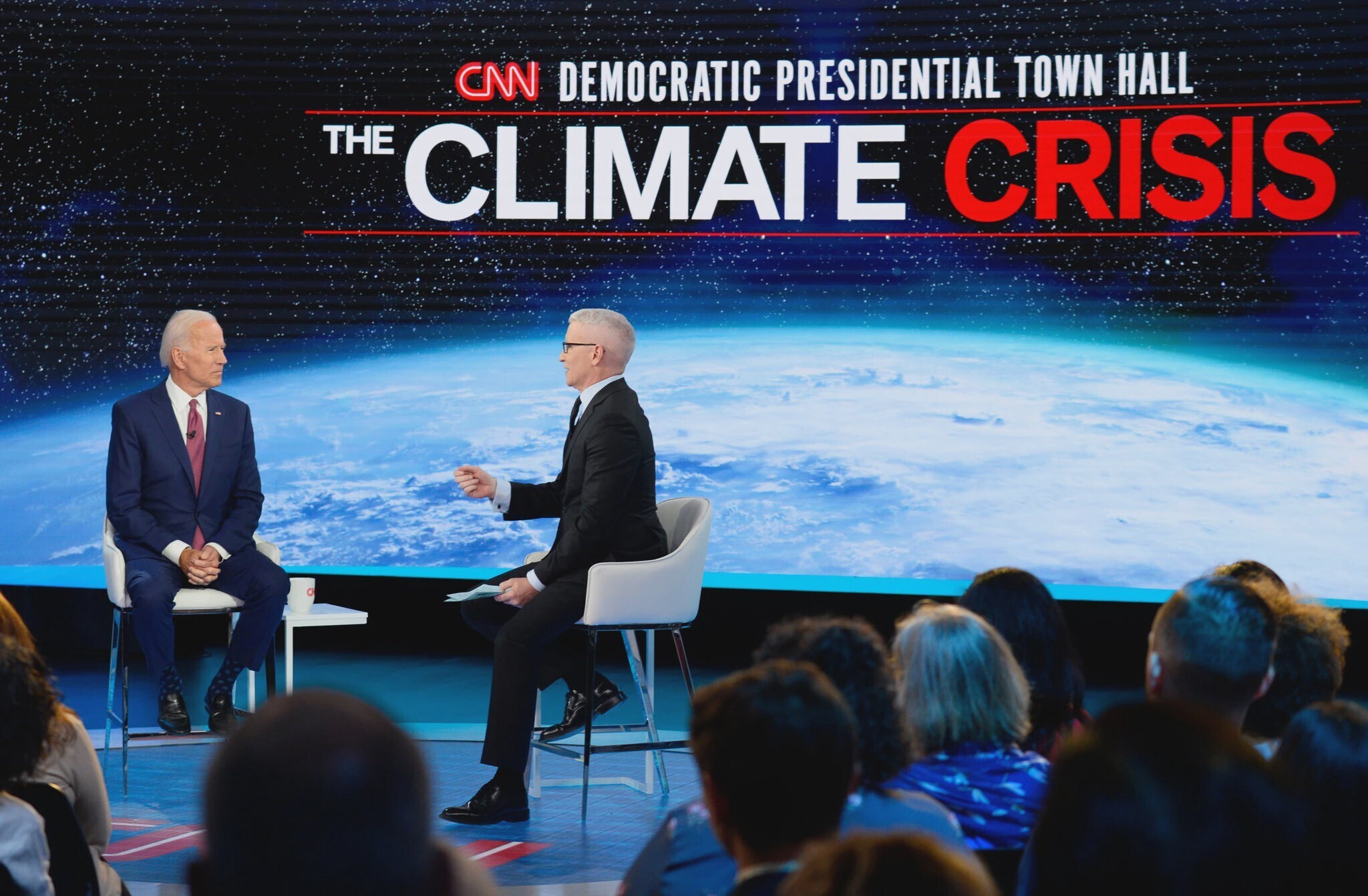Hearing
has been postponed to a date to be determined.
Chair: Jeff Merkley (D-Ore.)
Witness:
- Deb Haaland, Secretary, U.S. Department of the Interior
The Department’s 2023
budget totals $18.1 billion
in current authority ($17.5 billion in net discretionary authority)—an
increase of $2.9 billion, or 19 percent, from the 2022 continuing
resolution. An additional $340.0 million is accessible through a budget
cap adjustment for wildfire suppression to ensure that funds are
available in the event the regular annual appropriation is inadequate to
meet suppression needs. The budget also provides an estimated $10.9
billion in permanent funding in 2023.
The Bureau of Land Management
budget
proposes $249.9 million for Energy and Minerals Management. Effectively
combating and mitigating climate change for the long term depends on
moving our Nation away from its heavy reliance on fossil fuels.
BLM plays a vital role in promoting and
facilitating the development of renewable energy by providing sites for
the environmentally sound development of renewable energy on public
lands. The 2023 budget includes $49.7 million for
BLM’s Renewable Energy program, which—along
with funding in the Resource Management Planning, Assessment, and
Monitoring program—will enable BLM to increase
and accelerate renewable energy development on public lands. The funds
will support the siting, leasing, and processing of renewable energy
rights-of-way applications and the oversight of projects and
transmission lines connecting to renewable energy projects.
BLM’s Renewable Energy Coordination Offices
(RECOs) will guide and execute this important work, including
coordinating with other Federal agencies to streamline the review
process for clean energy projects. The 2023 request for the Renewable
Energy program includes staffing support for a national
RECO at the BLM
headquarters level as well as State and regional RECOs.
BLM expects renewable energy demand and
workload to increase significantly as more utilities and States seek to
diversify or require increased renewable energy in their electric power
portfolios. The 2023 request will better ensure that
BLM has the manpower and resources to support
this workload.
The budget proposes $115.8 million for Oil and Gas Management. The
request will support continued progress in addressing legacy wells on
the Alaska North Slope. The request for Energy and Minerals also
includes $16.6 million for Coal Management and $16.7 million for Other
Mineral Resources Management.
The 2023 Bureau of Ocean Energy Management
budget
requests $51.7 million for renewable energy activities, including
permitting for the siting and construction of offshore wind farms and
other renewable energy sources, such as wave and current energy, on the
Outer Continental Shelf. The 2023 budget proposes $63.6 million for
conventional energy development. The 2023 budget proposes $15.4 million
to support BOEM’s marine minerals activities,
which foster climate change resilience and restoration while supporting
conservation partnerships. Foundational to
BOEM’s offshore energy and mineral resource
activities are the Environmental Programs, for which the 2023 budget
requests $86.4 million.
The 2023 USGS
budget is
$1.7 billion; USGS estimates that staffing is
8,344 full-time equivalents (FTEs) . The budget prioritizes science
addressing climate change and invests in research and development to
support economic growth, inform balanced decisions regarding resources,
and ensure the well-being of the Nation.
The 2023 President’s Budget for the Fish and Wildlife
Service
totals $3.7 billion, including current appropriations of $2.0 billion
and $1.8 billion available under permanent appropriations, most of which
is provided directly to States for fish and wildlife restoration and
conservation. The budget for the principal FWS
operating account, Resource Management, is $1.7 billion. The National
Wildlife Refuge System is an FWS focal point
for the Civilian Climate Corps, a program to put people to work
improving America’s lands, waters, and infrastructure . The 2023 budget
for FWS includes $10.0 million—including $8.0
million in the request for Refuges and $2.0 million in the request for
the National Conservation Training Center in General Operations—to
develop the next generation of conservation workers and create a new
pathway to good-paying jobs. The 2023 request for Science Support is
$38.5 million. The program supports adaptive science work with
collaborative groups to design and implement conservation and habitat
management strategies that improve climate adaptation and resilience on
the ground.
Senate Appropriations Committee
Interior, Environment, and Related Agencies Subcommittee
124 Dirksen
05/25/2022 at 10:00AM
 The Red Road to DC is an online and on-the-ground
mobilization happening in July connecting 20 Native-led struggles to
protect sacred lands, waters, and wildlife from threats posed by dams,
climate change, and extractive industries.
The Red Road to DC is an online and on-the-ground
mobilization happening in July connecting 20 Native-led struggles to
protect sacred lands, waters, and wildlife from threats posed by dams,
climate change, and extractive industries. Even
though the loser of the presidential election, Donald Trump, continues
his quest for autogolpe, President-elect Joe Biden’s transition team is
hard at work preparing his new administration. Among the hundreds of
staff and volunteers comprising the
Even
though the loser of the presidential election, Donald Trump, continues
his quest for autogolpe, President-elect Joe Biden’s transition team is
hard at work preparing his new administration. Among the hundreds of
staff and volunteers comprising the